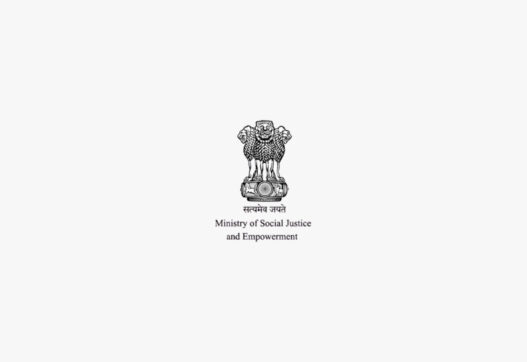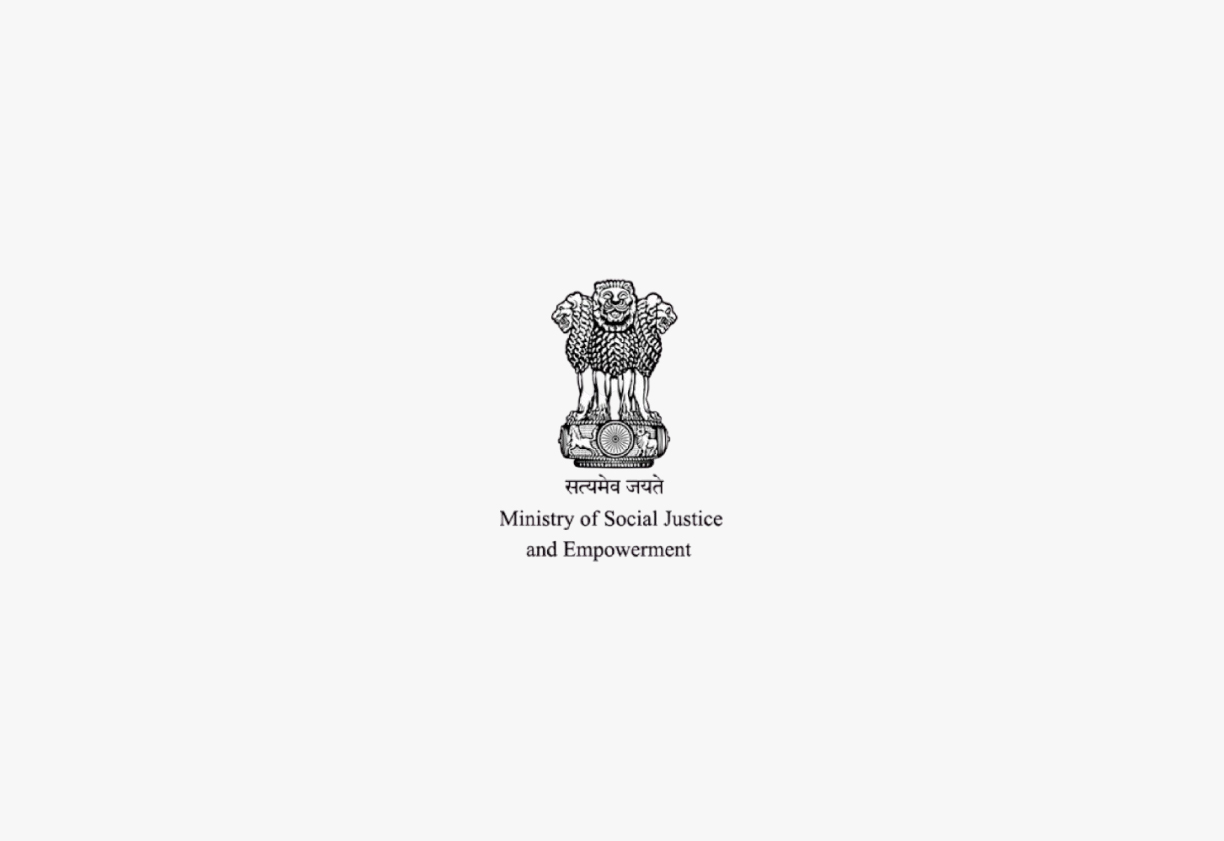Ministry of Social Justice and Empowerment
The Scheduled Castes and the Scheduled Tribes (Prevention of Atrocities) Act, 1989, was enacted to address the widespread violence and discrimination faced by members of Scheduled Castes (SCs) and Scheduled Tribes (STs) in India. The Act aims to prevent atrocities against these communities, provide for special courts for speedy trials, and offer relief and rehabilitation to victims. It recognizes various forms of atrocities, including physical violence, social boycotts, economic exploitation, and denial of civil rights. This Act falls under the Ministry of Social Justice and Empowerment.
Enactment Date, Number of Chapters, Number of Sections:
The Act was enacted on September 11, 1989, and came into force on January 30, 1990. It consists of four chapters and 23 sections, along with a schedule listing specific offenses.
Act Governed By:
The Act is primarily enforced by Special Courts and Exclusive Special Courts established by State Governments. The Act also empowers State Governments to take preventive actions, impose collective fines, and confer certain powers on designated officers for investigation and prosecution.
On Whom It Is Applicable:
The Act protects members of Scheduled Castes and Scheduled Tribes from atrocities committed by individuals not belonging to these communities. It defines “atrocity” broadly, encompassing various forms of discrimination, violence, and exploitation.
Penalties/Punishments:
The Act prescribes punishments for various offenses, ranging from imprisonment for a few months to life imprisonment and even the death penalty in the most severe cases. Enhanced punishments are stipulated for subsequent convictions.
Important Pointers:
-
Defines “atrocity” to include a wide range of offenses against SCs and STs.
-
Provides for Special Courts and Exclusive Special Courts for speedy trials.
-
Prescribes stringent punishments for offenses, including the death penalty in certain cases.
-
Empowers State Governments to take preventive action and impose collective fines.
-
Establishes presumptions to aid in the prosecution of offenses.
-
Outlines the rights of victims and witnesses, including protection from intimidation and the right to compensation.
-
Makes offenses under the Act non-bailable and cognizable.




